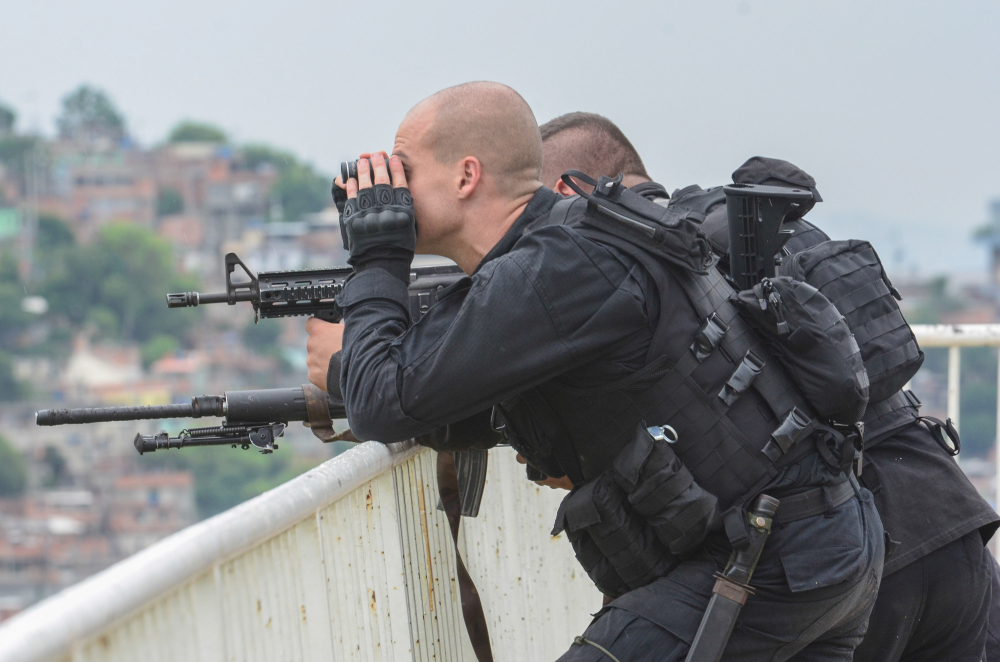Welcome to “Number of the Week,” where we choose a single figure that helps understand what is going on in Brazil. This week’s number illustrates the challenges Brazil faces in curbing police brutality.
- 28killed
- during a police operation
The scenes of police brutality that came out of Rio de Janeiro on Thursday have appalled the world. A drug bust in Jacarezinho, a favela in northern Rio de Janeiro, resulted in the deaths of 28 people (plus one officer). Authorities claim all fatalities of the operation were suspected of involvement with criminal organizations, a fact local residents dispute. Many accuse officers of carrying out point-blank executions.
- The raid was launched early in the morning and things quickly got out of hand. Residents reported multiple shootings, grenades being thrown on the streets, and police helicopters shooting at will from the air.
- One nearby overground train was hit by a stray bullet, injuring a passenger.
While shocking for most of the world, what happened this week is depressingly common for black Brazilians on the periphery.
Violence is not colorblind. A December 2020 report by the Network of Security Observatories analyzed data on deaths at the hands of the police in five states — Bahia, Ceará, and Pernambuco, in the Northeast region, as well as São Paulo and Rio de Janeiro, in the Southeast region.
- The rate of black victims is disproportionally high, topping the 86-percent mark in all of them, bar São Paulo.
- Meanwhile, whites are massively underrepresented among victims of the police. In Pernambuco, for instance, citizens declaring themselves “white” are 36 percent of the population, but account...


 Search
Search






































